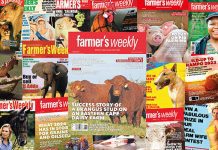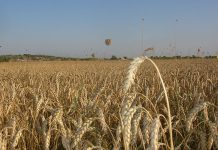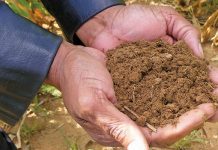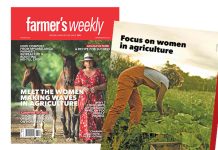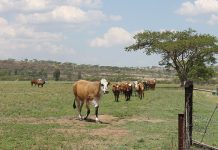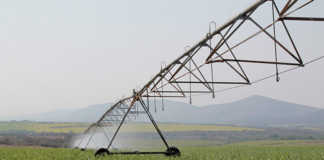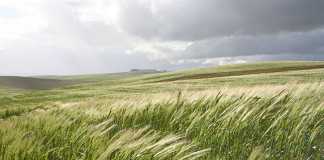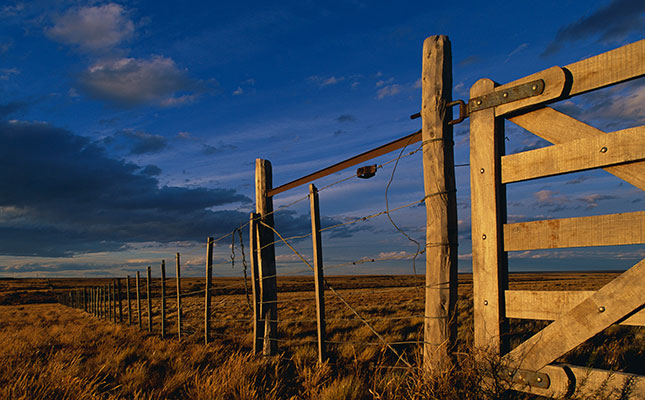
Photo: Getty Images
We have not even started to comprehend the human and economic loss that will be wrought by this global crisis.
I am afraid.
I feel uncertain, worried and sad.
But most surprisingly, and ironically, at a time when we all have to retreat into some form of isolation, I also feel much closer to the strangers around me.
READ Task team to manage coronavirus crisis for farming
We are all living through a significant shared experience. And while our circumstances may differ, we have the same anxieties about how we will cope during the next few weeks and months, and about how this pandemic will change our world.
There is a long, hard road ahead.
But, so far, a vivid revelation brought about by the crisis has been to turn our attention to those people in society whom we usually overlook.
All those workers in the service industry, such as grocery store workers, who enable the regular flow of daily life, and who mostly go unnoticed, have been pushed to the frontline.
Everyone knows that food is essential, but this crisis has illuminated the role played by those who produce and transport food.
While most people would probably have understood before, in some abstract way, that the world cannot function without farmers, farmworkers, packers and truck drivers, after this pandemic we will all know, in a very concrete way, that a world without farmers is impossible.
READ SA farmers to benefit from lower interest rates
As soon as the first wave of panic hit, people found comfort in filling their cupboards with food. This is because food is not just fuel for daily life, it is a symbol of life and care and comfort.
And I hope that the public will also come to the understanding that, similarly, farmers are not just the cogs that deliver food into the system; they are the foundation of society.
The upcoming disruption, and lockdown of business activities and daily life, will test us in ways we haven’t prepared for. We will have to take care of each other, while maintaining a safe distance.
We will suffer physically, mentally and financially. But we will also discover within ourselves fortitude for carrying on.
The one thing that South Africans do not have to worry about is the possibility of food shortages. I have said this before, but let me repeat it: South Africa, our farmers have your back!
READ How urban agriculture can contribute to food security
There is a good harvest on the land, and the farmers and farmworkers will make sure that it gets from the farm to your nearest supermarket.
There will be enough for all of us. But what we do have to worry about is those people whose livelihoods will be affected by the pandemic and the lockdown in such a way that they might not be able to afford enough food and other necessities to feed and care for themselves and their families.
I want to appeal to every one of you: take stock of your community and any needs that might arise. Don’t hoard. This is a time for sharing and caring.
*To our loyal readers, in order to comply with the national lockdown, all Farmer’s Weekly staff will work remotely from their homes for the full 21-day period. Farmer’s Weekly magazine will not be printed during this time, and as a result the April issues will not be published.
However, during this three-week period, the Farmer’s Weekly editorial team will focus all its efforts on writing articles for the website.
We will increase the volume of news and feature articles published daily on the website and access to the entire site will, as always, be free to everyone. – Denene Erasmus, editor Farmer’s Weekly
Click here to read the full statement.

